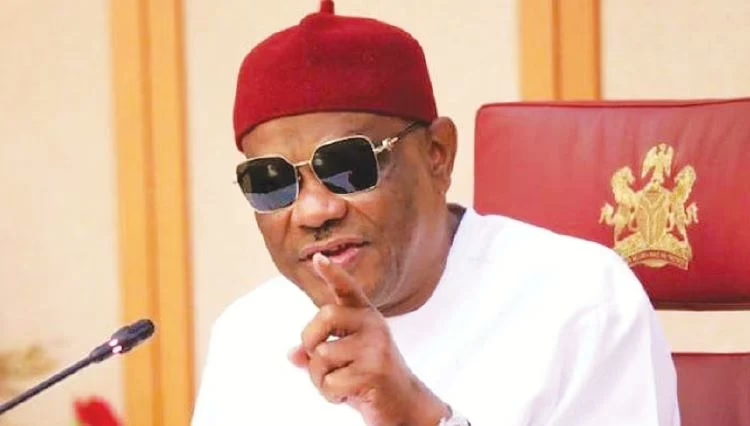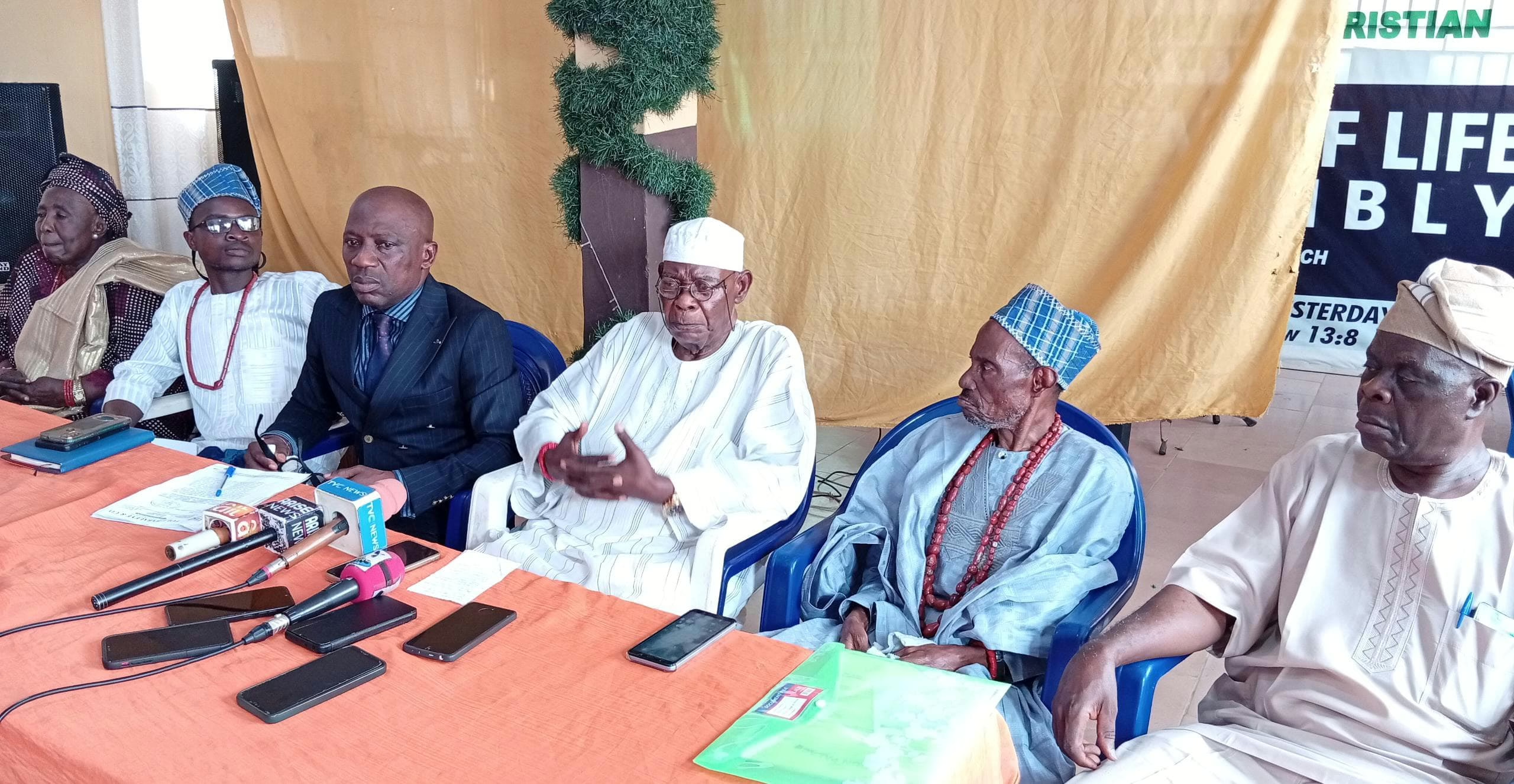By Abdulrasaq Alawaye
Nigeria’s judicial system has long been scrutinized for its inconsistent handling of legal cases, particularly when contrasting the treatment of high-profile politicians accused of embezzlement with that of ordinary citizens facing lesser offenses. The Nigerian judicial system is under fire for a glaring contradiction that continues to erode public trust and its selective approach to reprimanding lawbreakers. While ordinary citizens who commit minor infractions are often met with swift and severe punishment, influential politicians and public figures accused of embezzling billions of naira from the public coffers appear to enjoy a much gentler treatment.
Take, for example, the case of Godwin Emefiele, the former Governor of the Central Bank of Nigeria (CBN). Emefiele was arrested and charged with misappropriating funds during his tenure, which allegedly led to economic instability. However, despite the gravity of the accusations, his legal battles have been marked by delays, technicalities, and a lack of decisive action. Similarly, Yahaya Bello, the Governor of Kogi State, has faced accusations of mismanaging state funds and diverting resources meant for development. Yet, he continues to hold office without facing the full weight of the law up until the end of his tenure.
Contrast this with the plight of everyday Nigerians. Dele Farotimi, a public advocate and lawyer, once pointed out how citizens are treated like second-class individuals in the eyes of the law. Consider the fate of petty offenders—market vendors jailed for hawking on restricted roads or young people arrested for minor offenses. They are frequently paraded before the media, denied bail, and subjected to lengthy detentions without trial.
In the case of Maryam Sanda, who was convicted of murdering her husband, the court’s swiftness in delivering a death sentence raised questions. While justice was arguably served, many wondered why similar efficiency is not applied to cases involving billions in stolen public funds.
Meanwhile, the likes of James Ibori, a former governor convicted of laundering $250 million, serve as an example of how political influence can secure leniency. Ibori spent a fraction of his sentence in the UK, returned to Nigeria, and was celebrated like a hero.
The judiciary’s cautious approach to high-profile cases stems from several systemic flaws. First, Nigeria’s legal process is heavily bureaucratic, with endless adjournments and appeals favoring wealthy defendants who can afford top-tier legal teams. Second, the political elite often shield their own, ensuring that accountability is more symbolic than substantive. Lastly, corruption within the judiciary itself has been well-documented, further diminishing the public’s confidence in the system.
Yet, reform is possible. The judiciary must enforce equal application of the law, irrespective of a defendant’s status. High-profile cases should be fast-tracked and overseen by impartial judges untainted by political affiliations. Additionally, there should be transparency in how these cases are managed, ensuring that justice is both seen and served.
The Nigerian Constitution guarantees that all citizens are equal before the law, but this ideal is far from reality. If the judiciary remains complicit in shielding the powerful while oppressing the powerless, it risks becoming a tool for perpetuating inequality rather than safeguarding justice.
Nigeria’s progress depends on a judiciary that is not for sale, being a system where justice is blind to wealth, connections, and influence. Until this is achieved, the people’s cry for fairness will continue to echo unanswered in the corridors of power.







Leave a Reply